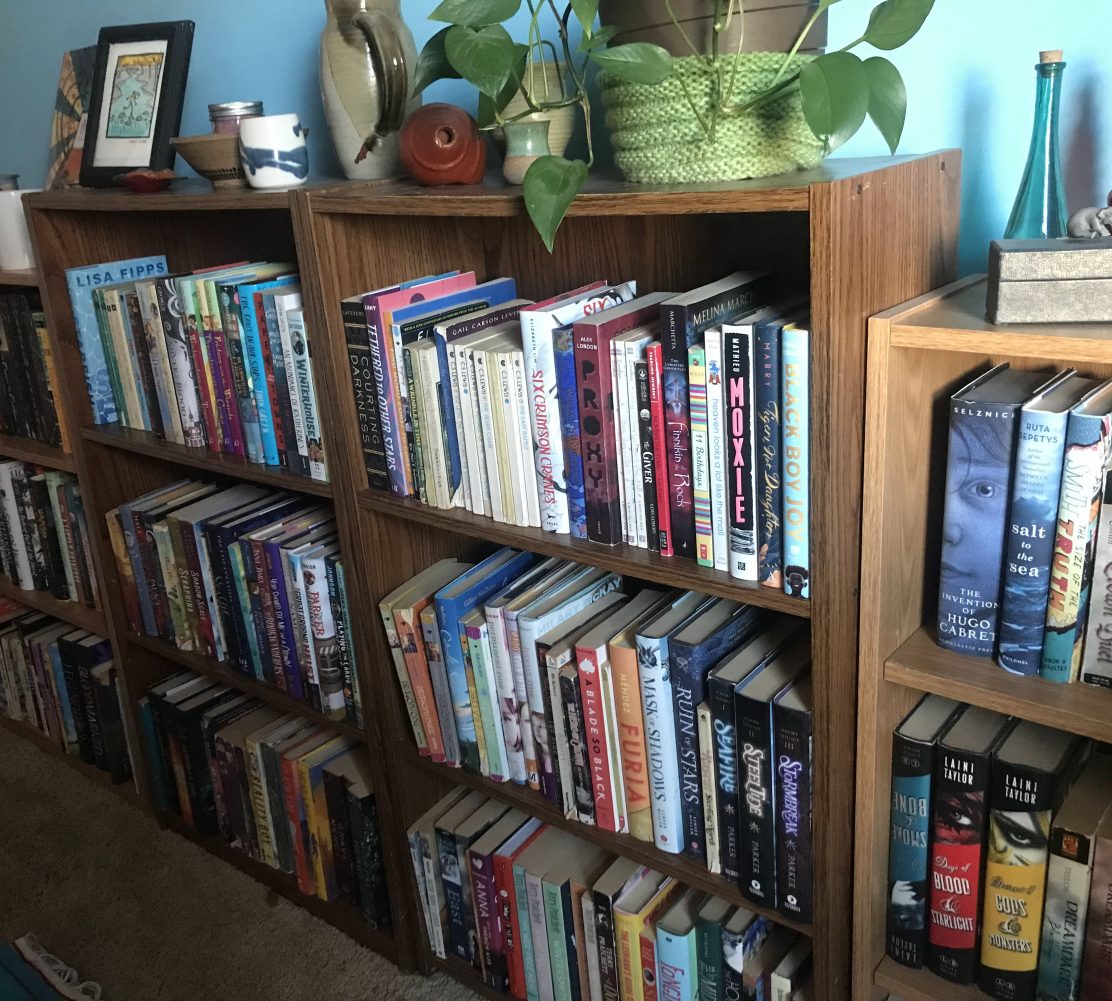A confession: before I started working at my local independent bookstore, I had no problem with Amazon. Cheap books mailed to my house? That’s AMAZING.
But the longer I work at the store, the more I’ve come to realize that what I once thought was a good thing — isn’t all competition? — is actually something incredibly harmful, especially for small, local bookstores. But also for the average reader.
I hear almost on a daily basis, when someone asks the price of a book, “But I can get it for $X [which is always less] on Amazon.” I used to smile and apologize, but lately my response has become more abrasive, something along the lines from “Yes, but by shopping there, you’re taking business away from us, and isn’t it important to have local businesses?” to “Amazon can offer you that book for $X because they buy up ALL THE STOCK. Which makes it more difficult for the rest of us to a) get the book and b) compete on prices.”
While the first answer is important (local bookstores are a good thing!), it’s the latter, really, that’s more harmful. Partially because it makes it difficult for small stores to get some books, but mostly because it gives Amazon a near-monopolistic advantage. Yes, Amazon has made books accessible to tons of readers, and books in people’s hands are always a good thing. And I do realize that stores like the one where I work may appear to some to be exclusive or even somewhat snobbish. (Then again, there’s always the library. That’s what I used when I couldn’t afford to buy books that I wanted to read. But that’s a different post.)
But letting Amazon — and the pursuit of cheap books — dominate the marketplace (they control more than a third of the book business in America) is a bad thing. See, they’re not a publishing house (not really — a sideline in self-published ebooks really doesn’t count). Rather, they’re a distributor of books. Their job is to put the books that are published in the hands of the readers who buy them. Their job is not to dictate the terms under which the publisher prices the books.
Which brings me to their disagreement with Hachette — a major publishing house, which publishes Little, Brown books, among many others. When Amazon raised the price and delayed deliveries on Hachette books, they were no longer playing the role of a distributor; they were using their position in the industry to strong-arm Hachette into agreeing to their terms. (They’ve even gone as far as to say — according to Michael Buckley that Hachette is not living up to their “standards”. ) That’s not what distributors do. And giving Amazon this kind of power is bad for everyone, not just Hachette. It’s bad because it’s never a good thing to allow distributors of books to get between authors and publishers and readers. Ask yourself how you feel when a library or a school bans a book. It’s the same principle: a middle man has gotten in the way of a book getting into the hands of a reader. And that’s exactly what Amazon is doing here.
Which is why — even though it’s time and gas and more expensive per book — you should buy books at your local bookstore (or check them out at the library!). Local stores would never presume to know better than the publishers how books should be priced, or say that they don’t want to carry certain titles. The policy at my store is this: if we don’t have it on our shelves (which is possible, since it’s a small store), we will get anything in for anyone, no questions asked.
And isn’t that what a bookstore is supposed to do?


This is very enlightening! I will be sharing this on FB!
LikeLike
Thank you for posting about this; I feel like a lot of people don't realize the extent that Amazon harms the publishing and book industries.
However cheap and convenient Amazon is, in general it's worth it to spend a few dollars more or just check the book out of the library.
LikeLike
It's also quite sad that Goodreads is now owned by Amazon.
LikeLike